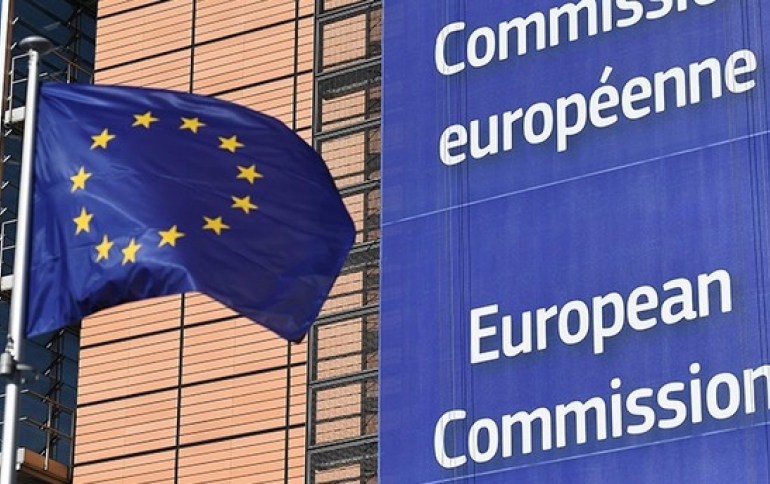
Online Platforms Urged to do More to Combat Fake News in EU
Facebook, Google and Twitter must do more to tackle fake news or face regulatory action, the European Commission said on Tuesday.
Today, the European Commission published the first annual self-assessment reports by Facebook, Google, Microsoft, Mozilla, Twitter and 7 European trade associations under the Code of Practice on Disinformation.
The Code of Practice was in October 2018 by Facebook, Google, Twitter and Mozilla as well as trade associations representing online platforms, the advertising industry, and advertisers. The companies have agreed to publish reports that detail the progress made over the past year in the fight against online disinformation. Microsoft also joined the Code in 2019 as a signatory.
Commissioner for Justice, Consumers and Gender Equality Věra Jourová, Commissioner for the Security Union Julian King, and Commissioner for the Digital Economy and Society Mariya Gabriel said in a joint statement:
"We welcome the publication of these self-assessments by the signatories to the Code of Practice on the implementation of their commitments. In particular, we commend the commitment of the online platforms to become more transparent about their policies and to establish closer cooperation with researchers, fact-checkers and Member States. However, progress varies a lot between signatories and the reports provide little insight on the actual impact of the self-regulatory measures taken over the past year as well as mechanisms for independent scrutiny.
Still, large-scale automated propaganda and disinformation persist and there is more work to be done under all areas of the Code. We cannot accept this as a new normal.
While the efforts of online platforms and fact-checkers can reduce harmful virality through platforms' services, there is still an urgent need for online platforms to establish a meaningful cooperation with a wider range of trusted and independent organizations. Access to data provided so far still does not correspond to the needs of independent researchers.
Finally, despite the important commitments made by all signatories, we regret that no additional platforms or corporate actors from the advertising sector have subscribed to the Code.”
Compared to October 2018, the EC said that the signatories to the Code of Practice indicate improved transparency.
While progress has been reported on the commitments monitored by the Commission from January to May ahead of the 2019 European Parliament elections, less is reported on the implementation of the commitments to empower consumers and the research community. "The provision of data and search tools is still episodic and arbitrary and does not respond to the needs of researchers for independent scrutiny," the European Commission found.
The Commission also said that the scope of actions undertaken by each platform to implement their commitments vary significantly. Similarly, differences in implementation of platform policy, cooperation with stakeholders and sensitivity to electoral contexts persist across the European Member States.
In addition, the reports from the online companies provide information on policies implementing the Code, including EU-specific metrics. The consistency and level of detail varies. The metrics provided are mainly output indicators, e.g. number of accounts taken down.
The Commission will present a report on the 2019 elections to the European Parliament in the coming months. On this basis, the Commission will present its comprehensive assessment in early 2020. Should the results under the Code prove unsatisfactory, the Commission may propose further measures, including of a regulatory nature.




















